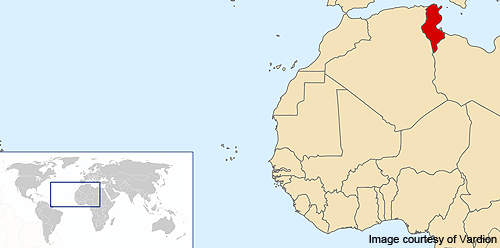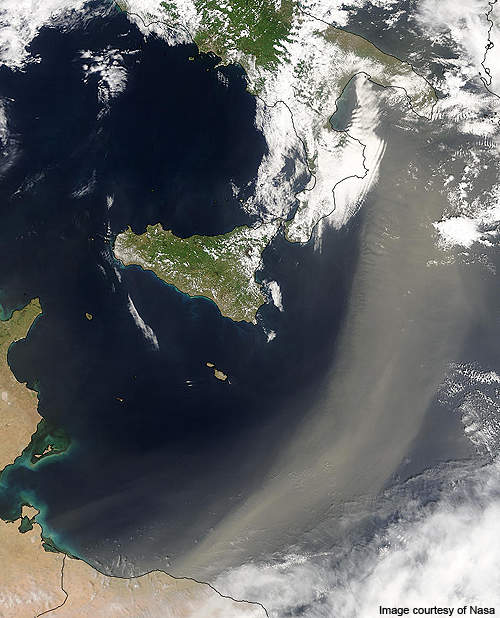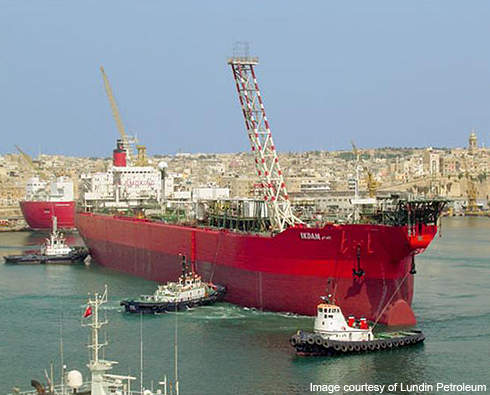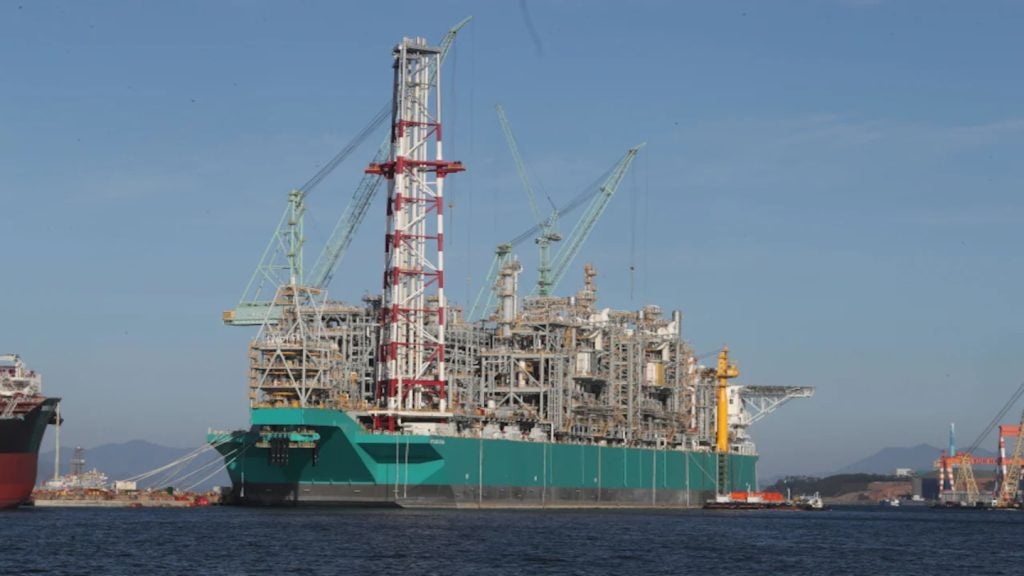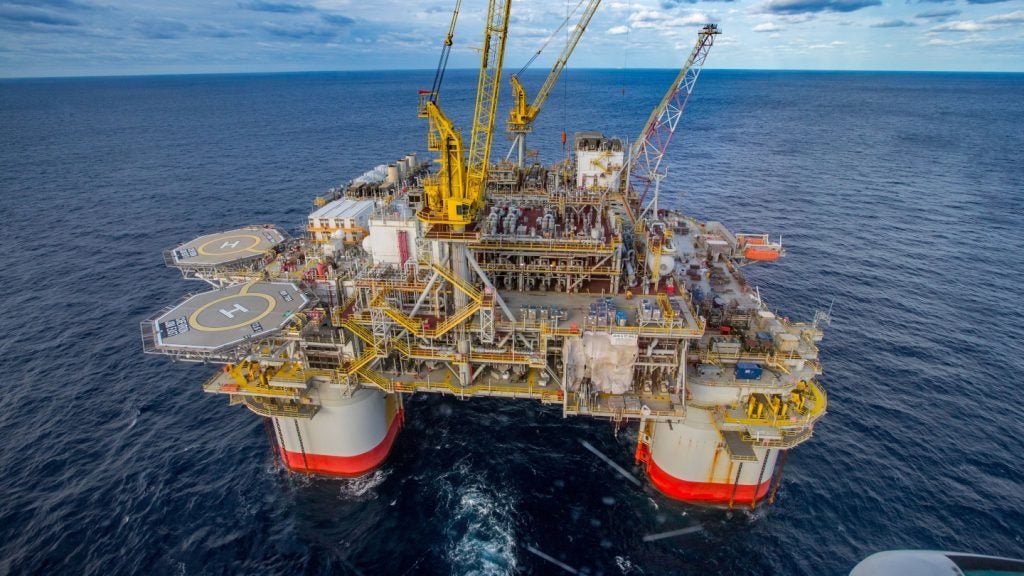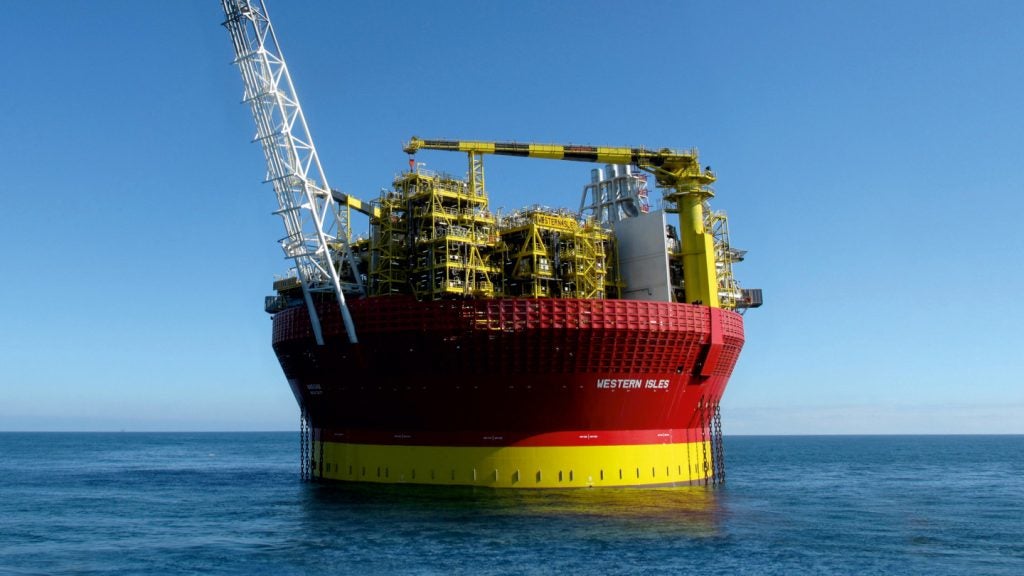The Oudna oil field is located in the Gulf of Hammamet, 80km off the northern eastern coast of Tunisia. It lies at a water depth of 75m.
Operated by Sweden-based Lundin Petroleum, the field came on stream in November 2006.
Lundin owns 40% interest in the field. Partners include Teekay-Petrojarl Production (40%) and Gezina (20%).
The field is currently producing at the rate of 2,000 barrels of oil a day (bopd).
During the second quarter of 2011, net production from the field was 800 barrels of oil equivalent a day.
Discovery of the Oudna oil field
Oudna was discovered by Shell in 1978 with the drilling of the Oudna 1 well. The well was drilled to a depth of 1,600m and flowed at the rate of 7,000bopd.
Geology and reserves at the Tunisian oil well
The Oudna field reservoir consists of the Miocene lower Birsa sandstone.
Proven and probable reserves of the field are estimated at 11.5 million barrels of oil. The crude oil has an API of 41.5° and sulphur content of 0.24%.
Field development
An appraisal well, Oudna-2, was drilled at the field but it tested water. A 3D seismic survey carried out in 1998 indicated the geometry as a large tilted fault block.
Detailed geophysical and geological studies were conducted in 1999. Based on these studies a geological model and reservoir simulation was developed. Further studies were carried out in 2003.
The development plan for the field was approved by the government in 2004. The plan was later revised in 2005. Drilling activities at the field commenced in 2006.
In February 2006, the Oudna production well was drilled to a depth of 300m.
It was drilled, tested and completed by the Pride Venezuela semi-submersible drilling rig.
The injection well was also drilled by the same rig. Sinochem’s subsidiary Atlantis Holding Norway was involved in the development of the field.
Production at the Oudna oil field
The field is produced through one production well and water injection well. These wells are connected to the Ikdam FPSO.
Oudna crude oil has very low levels of gas necessitating water injection to ensure reservoir pressure. Artificial lift is provided by high pressure injection pumps.
Crude oil is produced using a 7in down hole jet pump which is one of the largest of its kind in the world. In spite of the high water cut, the field has been producing at stable rates.
Ikdam FPSO
The Ikdam FPSO was converted from a tanker to an FPSO in 2001 for operations on the Isis field in Tunisia. After production was shut down at the Isis field, the FPSO was modified and redeployed to the Oudna field in 2006.
Modification works included replacement of the gas compressors with water injection and power fluid units and installation of a large crane. The existing facilities of the FPSO were also modified and upgraded. The FPSO has a storage capacity of 600,000 barrels.
Contracts awarded to national and international companies
In September 2005, Petrofac was awarded a contract to provide engineering, procurement and project management services for the field. Petrofac was responsible for providing the subsea and mooring equipment required for carrying out modifications of the Ikdam FPSO. Installation of the FPSO at the field was also part of the contract.
Aker Kvaerner was awarded a $14m subsea equipment installation contract in January 2006. The scope of work included installation of the mooring system, risers and umbilicals and hook up to the FPSO.
UK-based Bollfilter supplied its Boll BFD-P duplex filters for installation on the FPSO. The filters helped in removing particulates present in the crude oil. The particulates were damaging the high pressure pumps used at the field.
RPI Rubber and Plastic Industries Scotland supplied low friction polyurethane risers for the field.
Petro Consultants provided consulting services during conversion of the Ikdam FPSO.
Malta Shipyards was awarded the upgrade contract for the FPSO. It was also responsible for engineering, procurement, construction and installation of the FPSO.

